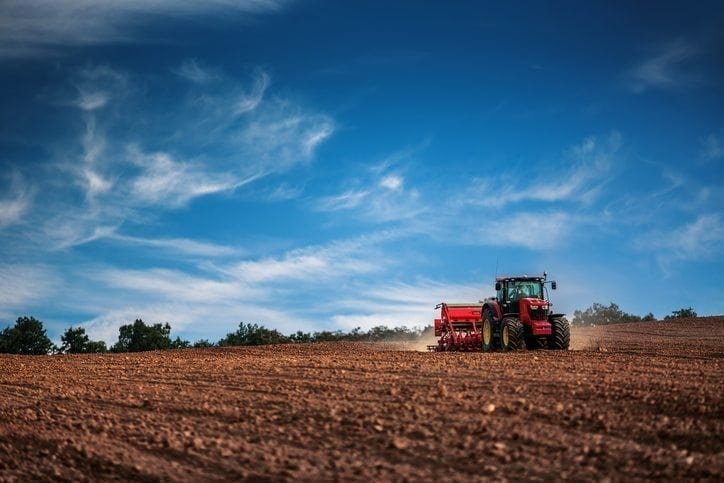£10m pounds a year in England is needed to ensure the agricultural sector is still productive at the end of the century, and would be enough to reverse the declining health of our rivers.
This is the conclusion of a new report launched by WWF, the Angling Trust and the Rivers Trust. The report also argues that huge benefits could be generated for Nature and society if farm subsidies were redirected to incentivising farmers to change land use in small areas of farmland.
The dirt on soil – all life depends on it and all food needs it, so why aren’t we doing more to protect our soil?
Farming and soil
The agriculture sector, which is responsible for £8bn of UK GDP and employs almost half a million people, is at risk due to poor farming and land management practices.
This is causing soil to be destroyed at approximately 10 times the rate it is being created, costing £1.2bn a year in England and Wales.
WWF research has also shown that up to a third of farmers may be non-compliant with England’s current water protection legislation. This has been made worse by lack of enforcement; new data found that the Environment Agency’s current resources only allow for visits to less than 1% of farms each year.
This has led to widespread soil degradation, reducing our future food security; pollution of our rivers from sediment, nutrients, chemicals and slurry from agriculture; increased flood risk to homes and businesses and increased costs for local authorities, water bill payers and port authorities.
Soil and national security
The estimated costs of rolling out effective enforcement in England, to prevent soil erosion and pollution of watercourses, would initially be £5.8m per year, but this would decrease after the first five years.
A mere 0.5% reduction in soil degradation costs would cover this and would pay for a ‘two strikes’ model which includes proactive – rather than reactive – checking of farms, issuing warnings and offering advice to correct problems and following up with sanctions and prosecutions for failure to address issues.
Creating a properly funded, locally coordinated advice service is critical to helping farmers implement rules and manage the environment. It is estimated that increased advisory presence in England would cost £3.2m per year.
‘Healthy soil is vital for our national security, yet we continue to cause immense damage to it, not only threatening our long-term food supply but also harming our rivers and wildlife. None of this is inevitable though. We could have a farming system that restores soils and wildlife, while at the same time stopping agricultural run-off polluting our rivers. To do this we need not only the right legislation, however, but also robust enforcement and proper advice for farmers, otherwise new policies simply won’t work. The good news is that this will cost only about 10 million pounds a year.’
TONY JUNIPER
Executive director of advocacy and campaigns at WWF
 Play Video about This Rock Might Just Save The World
Play Video about This Rock Might Just Save The World Play Video about Play 2 hours of rock
Play Video about Play 2 hours of rock Play Video about Play 2 hours of brook
Play Video about Play 2 hours of brook Play Video about Play 2 hours of sheep
Play Video about Play 2 hours of sheep











































